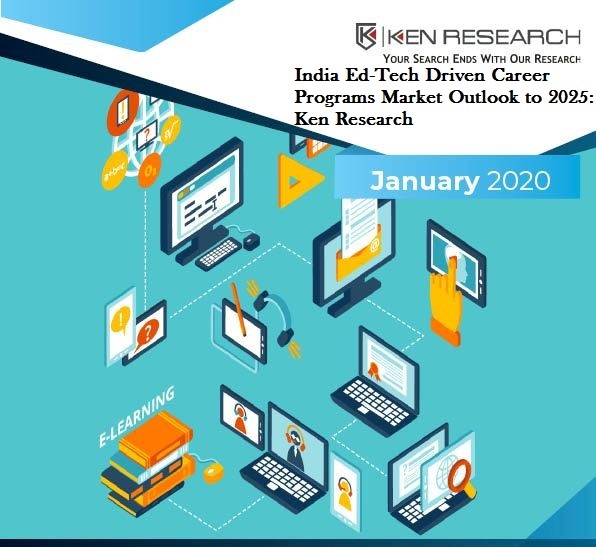The education sector is experiencing a dynamic shift, driven by technological advancements and evolving student needs. Educators, the backbone of this transformation, require constant professional development to stay ahead of the curve. This demand fuels the educators training market, a rapidly growing industry with significant implications for K-12 and higher education.
Market Size and Trends
Estimating the precise size of the educators training market proves challenging due to its multifaceted nature. However, research suggests a substantial market, with professional development in K-12 education alone valued between $4.1 billion and $18 billion annually in the US. This wide range highlights the diverse training formats, providers, and participant bases within the industry.
Several key trends are shaping the market:
- Rise of Online Learning: Educators are increasingly seeking convenient and flexible professional development options. Online learning platforms, often leveraging Artificial Intelligence (AI), Virtual Reality (VR), simulations, and gamification, offer engaging and accessible training. This trend is poised to continue, fueled by advancements in educational technology.
- Education Technology (EdTech) Integration: Innovative technologies like AI, generative AI, and data-driven learning are transforming traditional professional development. Educators can now experience personalized, interactive, and adaptive learning experiences at scale. This shift towards EdTech promises to significantly enhance training effectiveness and cater to individual learning styles.
- Focus on Upskilling and Reskilling: The skills gap continues to widen due to rapid technological advancements. Educators require upskilling and reskilling programs to update their knowledge and acquire new competencies relevant to the evolving job market and prepare students for the future. Training programs focused on in-demand skills like digital literacy, data analysis, and social-emotional learning are in high demand.
- Microlearning Gains Traction: Busy educators appreciate the effectiveness of microlearning, characterized by bite-sized learning modules. Short, engaging content delivered through videos and interactive tools fosters greater engagement and knowledge retention, allowing educators to manage professional development efficiently.
- Data-Driven Learning on the Rise: Learning Management Systems (LMS) are becoming increasingly adept at collecting and analyzing learner data. This trend enables the creation of personalized learning experiences, facilitates efficient content delivery, and ultimately leads to improved training outcomes. By leveraging data insights, educators and training providers can refine their approaches to professional development and ensure maximum impact.
Industry Size and Implications
The educators training industry encompasses a wide range of stakeholders:
- Training providers: Universities, educational institutions, online learning platforms, educational non-profits, and private companies all develop and deliver professional development programs.
- Technology developers: Companies specializing in EdTech solutions play a crucial role in creating innovative tools and platforms for educators.
- Policymakers: Government agencies and educational boards influence professional development requirements and funding for educators.
- School districts: School districts often allocate budgets for professional development initiatives for their staff.
Benefits in the Industry

The focus on the professional development market can lead to several benefits:
- Improved student outcomes: Well-trained educators equipped with the latest teaching methodologies and content knowledge are better positioned to empower their students and prepare them for success.
- Enhanced teacher retention: Effective professional development programs can increase teacher satisfaction and job fulfillment, fostering a more committed workforce.
- Efficient use of resources: Data-driven and targeted training ensures that educators receive the most relevant and impactful professional development, maximizing the value of resources invested.
Conclusion
The educators training industry offers exciting opportunities to revolutionize professional development in the education sector. Embracing technology, focusing on essential skills, and prioritizing data-driven learning can create powerful learning ecosystems for educators. As the industry continues to evolve, educators will be equipped with the tools and knowledge they need to nurture the next generation of learners and prepare them for the challenges and opportunities of the future.
